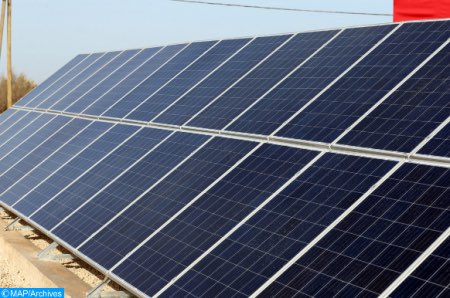In 2023, Morocco’s energy product imports fell to 122 billion dirhams (MMDH), a notable decrease of 20.4% compared to the previous year, according to the Office des Changes.
The most significant drop was seen in gas-oil and fuel-oil imports, which alone accounted for over half of the reduction in energy product supplies, detailed the Office in its annual foreign trade report.
Semi-finished product imports also declined by 10.5%, driven by reductions in ammonia (-12.6 MMDH), chemical products (-3.2 MMDH), and various paper and cardboard products (-2.7 MMDH).
Raw material imports contributed to the overall decrease, showing a 27.9% drop, primarily due to the reduced importation of raw and unrefined sulfur (-10.8 MMDH).
Conversely, imports of finished equipment products rose by 14.4%, reaching 161.7 MMDH. This increase was largely driven by purchases of electrical circuit equipment and resistors (+3.9 MMDH) and insulated electrical wires and cables (+2.4 MMDH). Consumer goods imports continued their upward trend, hitting 158 MMDH in 2023, fueled by a rise in the importation of passenger cars (+3 MMDH) and their parts and components (+6.7 MMDH).
Food product imports saw a modest increase of 3.3%, a slower pace compared to the previous year.
This complex trade landscape reflects Morocco’s dynamic market adjustments, balancing reductions in energy costs with rising investments in equipment and consumer goods.





